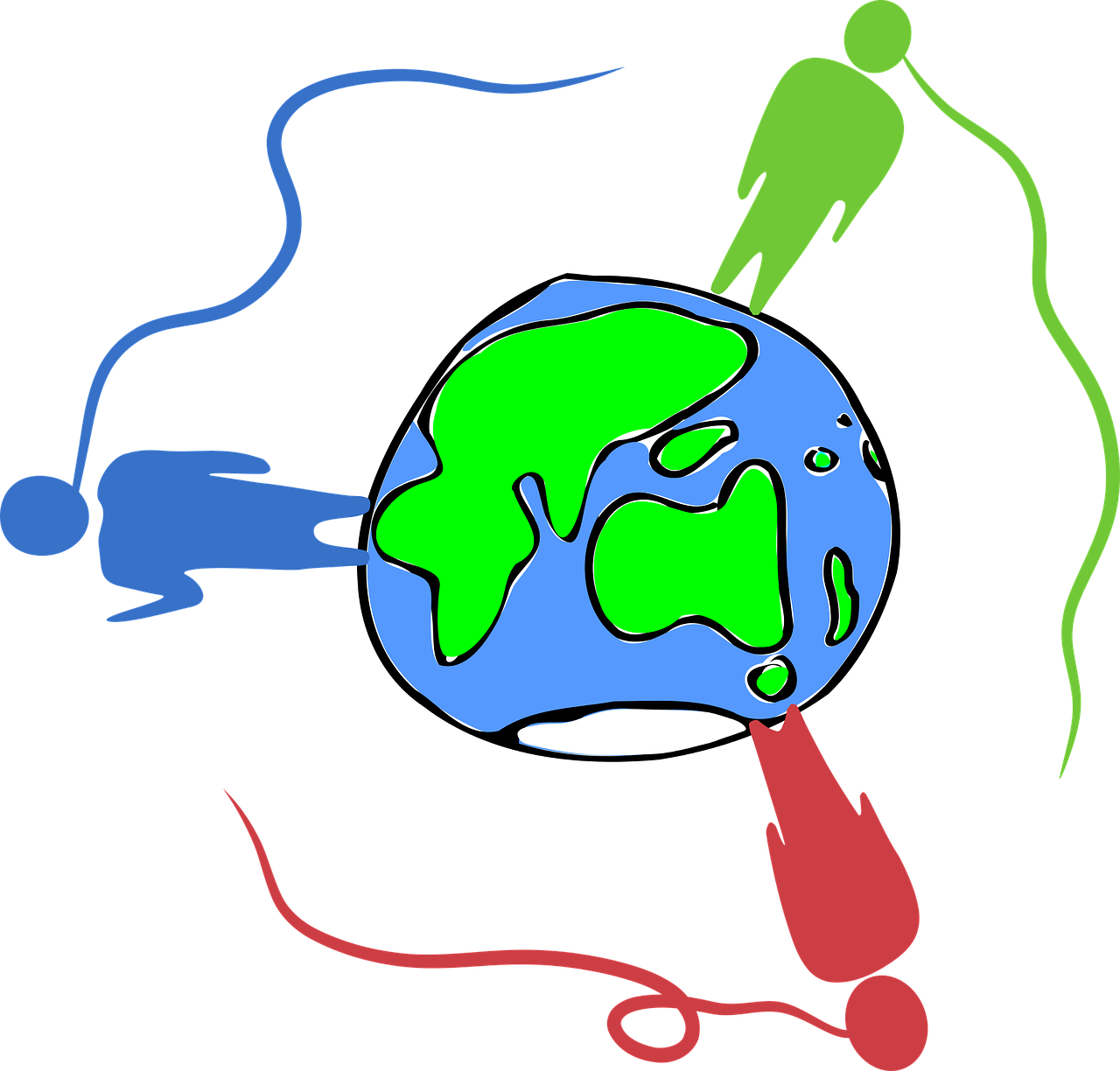Mental Health is a Universal Human Right… Unless You’re a Non-English Speaker
-
-
Jude Boyles
Ensuring a client’s voice can be fully expressed is essential to the therapeutic endeavour. Yet for refugees engaged with UK mental health services, the channel of communication can be too readily closed. As we mark World Mental Health Day 2023, Refugee Council therapy service manager Jude Boyles reflects on two frustrating phonecalls from the past fortnight, highlighting the urgent need for mental health practitioners to be trained to work with interpreters.

In the refugee sector, every day we witness people who are seeking protection being psychologically harmed by our fundamentally unjust asylum process. The conditions in which they are expected to live and to wait harm their mental health. In the UK, the right to good mental health for those seeking asylum is being actively denied. Alongside this, overstretched mental health services can be excluding in multiple ways, especially for non-English speakers.
I regularly speak with crisis and mental health teams as part of my role in advocating for appropriate mental health support for refugee clients who require support from statutory mental health services.
Recently, an older Afghan man having disturbing hallucinations was finally offered an assessment by secondary care mental health services. He had been living in a hotel for 18 months after being evacuated from Kabul and was finally, but suddenly, moved into a house with his three daughters. I spoke to the mental health practitioner following her visit to the home and felt a familiar sadness at the way she described their meeting. The home visit had been difficult; “probably it was the interpreter really. Not sure we got very far”. The practitioner sighed and said she’d go back the following week and ask one of the daughters to interpret.
I respectfully reminded the mental health practitioner that it was not appropriate to use a family member to interpret. Then I asked about the interpreter, hoping that I could be helpful ahead of their next meeting.
In most cases, interpreters are qualified and professional. If they are briefed and worked alongside appropriately, they have the potential to facilitate good communication, and their presence can be reassuring for the client. I asked about the gender of the interpreter and if they were a Dari speaker from Afghanistan, and whether the interpreter had been briefed. The practitioner ignored my questions and made a comment that seemed to suggest a frustration at using an interpreter at all. When she breezily ended the call, I was left wondering whether it would be any different for the Afghan man next time.
That same week, in a call with another mental health practitioner about a very distressed and sometimes disturbed young Syrian man, I was faced with a similar dynamic; “it was all a bit confusing really, I think it was our interpreter because he [the client] just came across as calm and collected”. Again, the interpreter was blamed for the communication, and I could sense her resignation at having to use one. I wondered then if either practitioner had had training on working with interpreters.
It is hard to understand why ensuring that a client’s voice can be fully expressed during the highly sensitive setting of a mental health assessment wasn’t the priority in both cases. As a practitioner, ensuring that my language, tone and pace is transferred accurately to a client is fundamental to my approach, and makes it possible for me to practise as I have been trained.
The presence of an interpreter can be affirming and helpful to clients. However, within mental health and therapeutic services, there is often a resistance to investing in the training of staff to work with interpreters, as well as ensuring use of qualified and supervised interpreters across these settings. I would recommend all practitioners approach their professional body for their good practice guidelines on working with interpreters, and seek out training in their local area too.
The ability to communicate in the language of your choosing with a qualified interpreter or bilingual practitioner is a civil right within mental health services, and so it should be. As Marian and Kaushanskaya write in their paper ‘Self-construal and emotion in bicultural bilinguals’, ‘The language we speak influences not only the way we see the world around us, but also the way we see and think about ourselves – our self-perception, identity, autobiographical life narrative, in sum our self.’
My week ended with a referral to our service from a statutory primary care mental health service. The referral asked us to see this young man, who was perfectly eligible for their service, “because he needs an interpreter”.